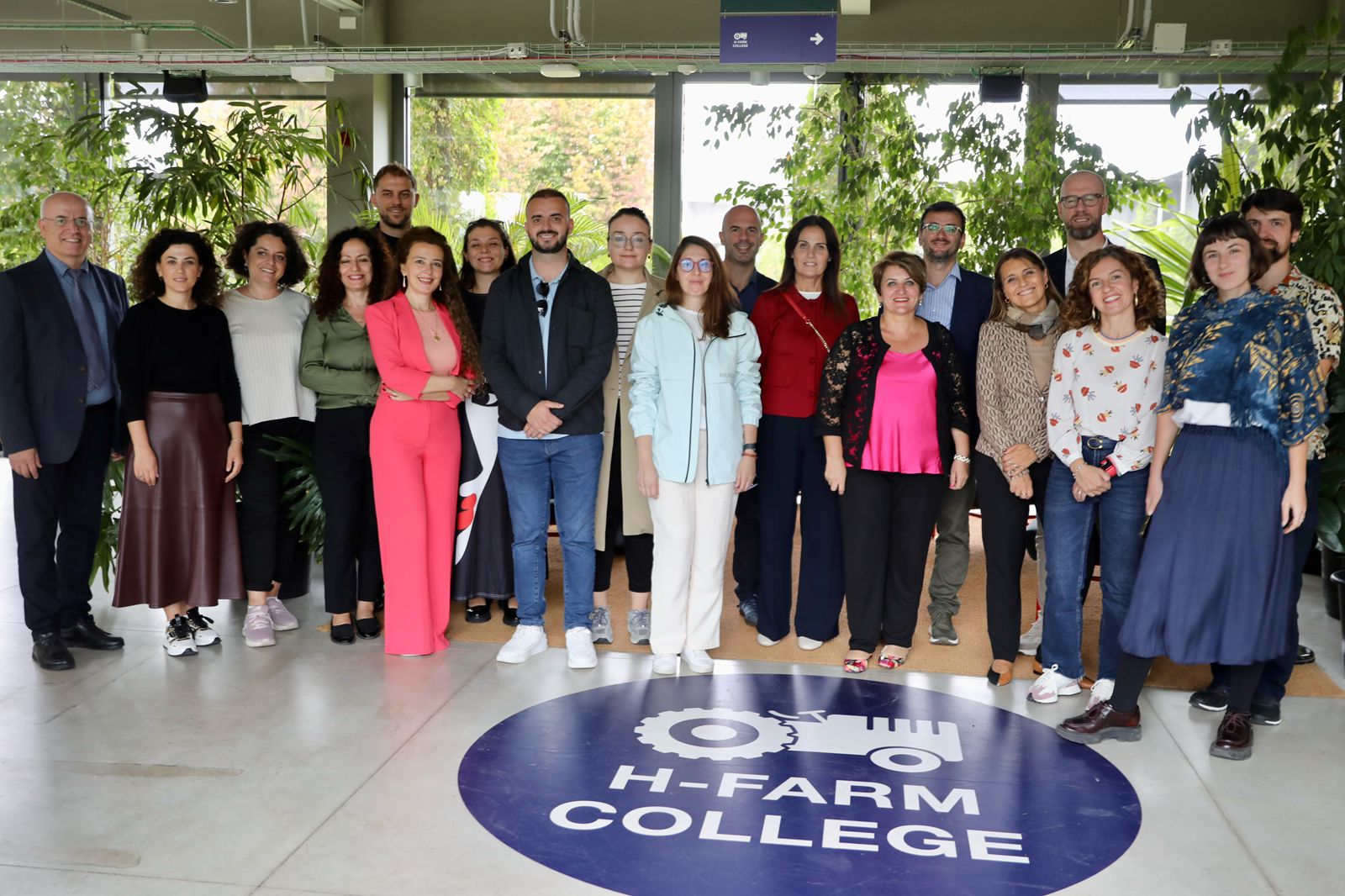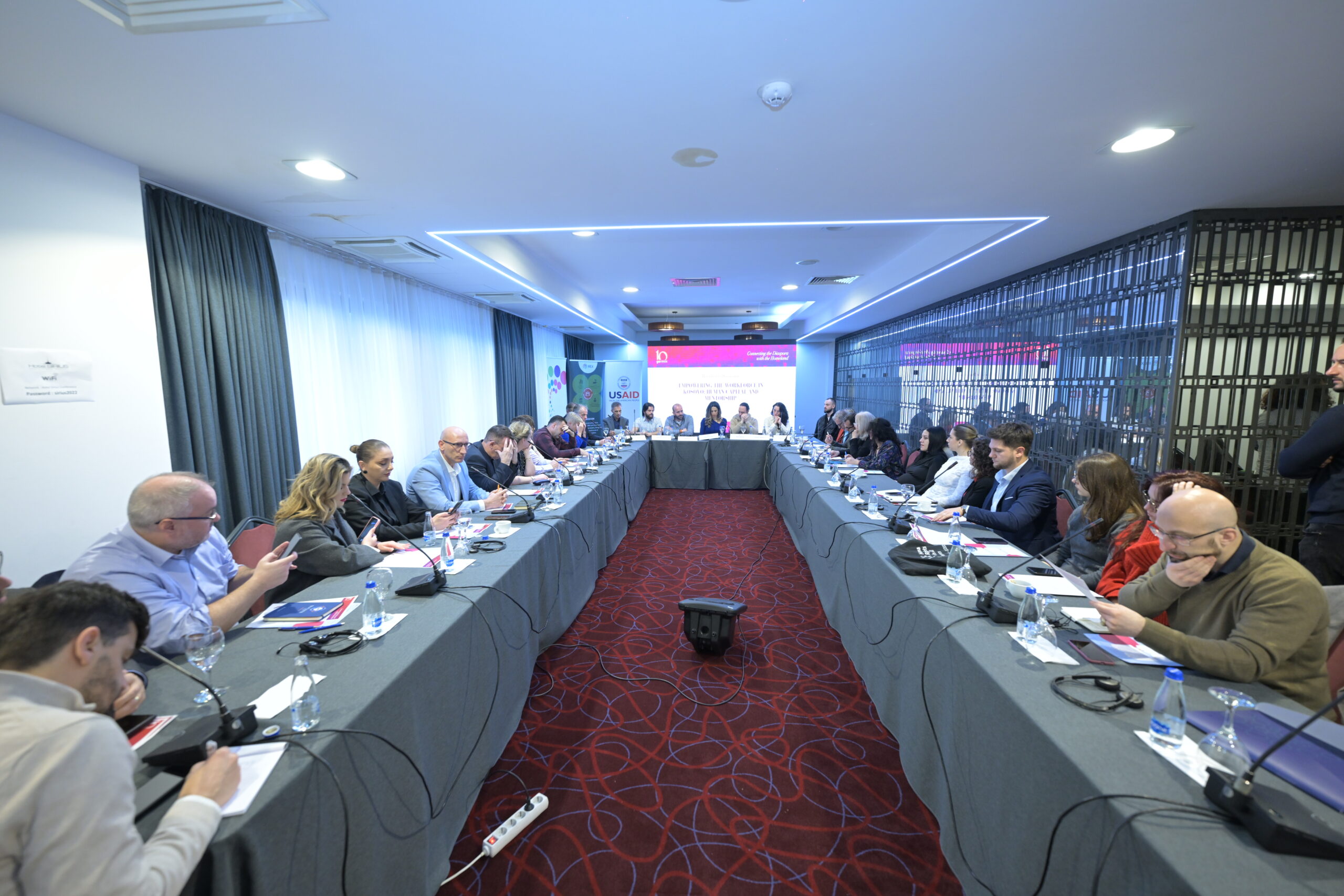On Wednesday, GERMIN hosted a round table discussion on “Energy, Environment and Diaspora of Kosovo”. At this event, about 30 representatives from non-governmental organizations, institutions, and the diaspora shared their expertise/opinions on these topics.
GERMIN co-director Lirim Krasniqi discussed the recommendations made by diaspora professionals during two virtual meetings held in recent weeks.
Details about this project were revealed by Blin Berdoniqi, Green Transition Project Analyst at UNDP Kosovo.
Dukagjin Bakija, Advisor for Infrastructure and Transport at GIZ, moderated the first panel on “Kosovo’s Energy Supply Challenges.” The main speakers on this panel were: Lulzim Syla, CEO of Elen Energy, Pranvera Dobruna, Energy Professional, Zanfina Kabashi, Sales Agent at JAHA Solar, and Kreshnik Rama, Diaspora Expert engaged in Sustainable Leadership Kosova.
The first panel’s main topic was related to energy saving and renewable energy, emphasizing that the Government of Kosovo should cooperate with the network of businesses in the diaspora, in order to benefit more from their expertise.
The second topic “Environmental challenges: tackling pollutants through a green agenda?” was moderated by Fiona Bakija, Researcher at INDEP. Lulzim Baumann, Returned Diaspora Expert for Regional Economy, Fitore Pacolli, Chair of the Parliamentary Committee for Environment, Food, Agriculture, Planning and Development in the Assembly of Kosovo, and Pllumb Gjinolli, Environmental and Social Professional, spoke on this panel.
This panel discussed in more detail what relevant institutions, non-governmental organizations, and diaspora members can do to help the environment. According to the speakers, the laws exist but the problem lies in their implementation.
At last, the participants had the opportunity to discuss and ask the panelists questions about the relevant topics.




